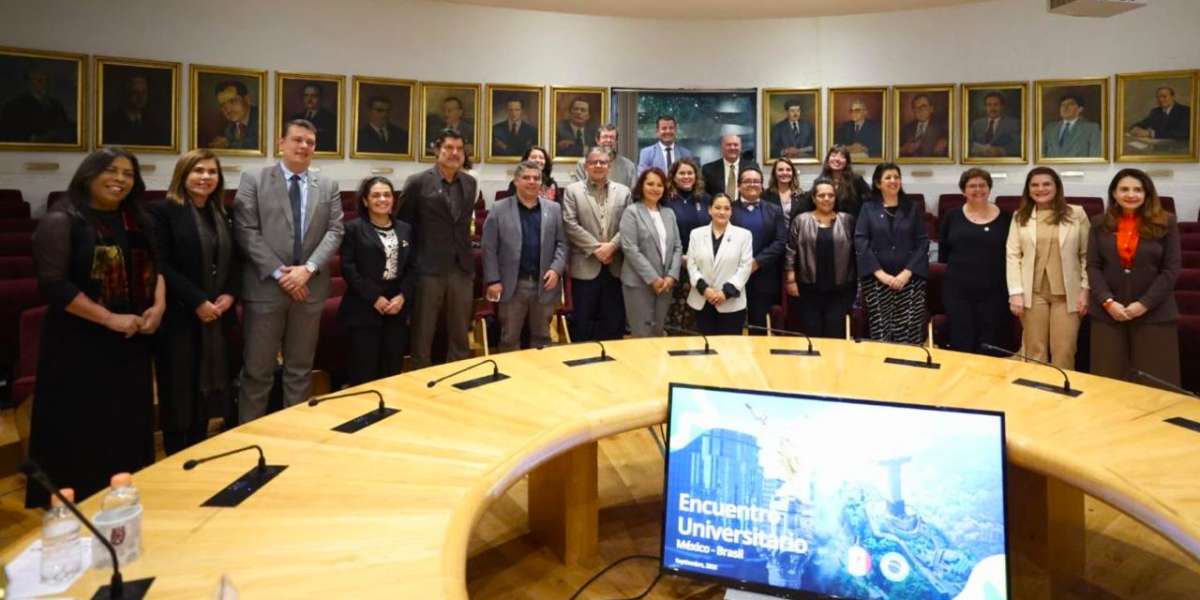
Reporters: Zenaida Alzaga and Cecilia Balderas | Photographers: Enrique Lair and Israel Vera
The event aims to lay the groundwork for research projects and student exchange programs.
To strengthen ties and establish a foundation for collaborative research across various fields of science and technology, the Instituto Politécnico Nacional (IPN) hosted the Mexico-Brazil University Meeting.
At the inauguration, attended by rectors and representatives from Brazilian higher education institutions, IPN’s Academic Secretary, María Isabel Rojas Ruiz, emphasized that the meeting provides an opportunity for dialogue and the reinforcement of academic, cultural, and social connections.
She also highlighted the need to strengthen cooperation between higher education institutions, noting that knowledge exchange will enable both countries to develop innovative solutions for their populations.
Rojas Ruiz pointed out that the Institute promotes high-quality education that responds to societal needs while contributing to national progress and development.
During his remarks, IPN’s Director of Higher Education (DES), Gilberto García Guerra, stated that dialogue between the two countries will help build bridges for research and innovation projects in areas such as renewable energy, health technology, and science and technology more broadly.
América Lizárraga González, Director of International Cooperation at the National Association of Universities and Higher Education Institutions (ANUIES), added that open dialogue will facilitate collaborative channels for joint research projects, dual lectures, or dual-degree programs—benefiting both faculty and students from Mexico and Brazil.
Al final de la inauguración, los directivos de las escuelas de Educación Superior de Brasil realizaron un recorrido por el Laboratorio de Pesados de la Unidad Profesional Interdisciplinaria de Ingeniería y Tecnologías Avanzadas (UPIITA) en donde, en voz de los expertos, conocieron las instalaciones y el equipo para la formación de ingenieros en las áreas de mecatrónica, biónica, telemática, sistemas automotrices; así como la maestría y doctorado en Tecnologías Avanzadas.